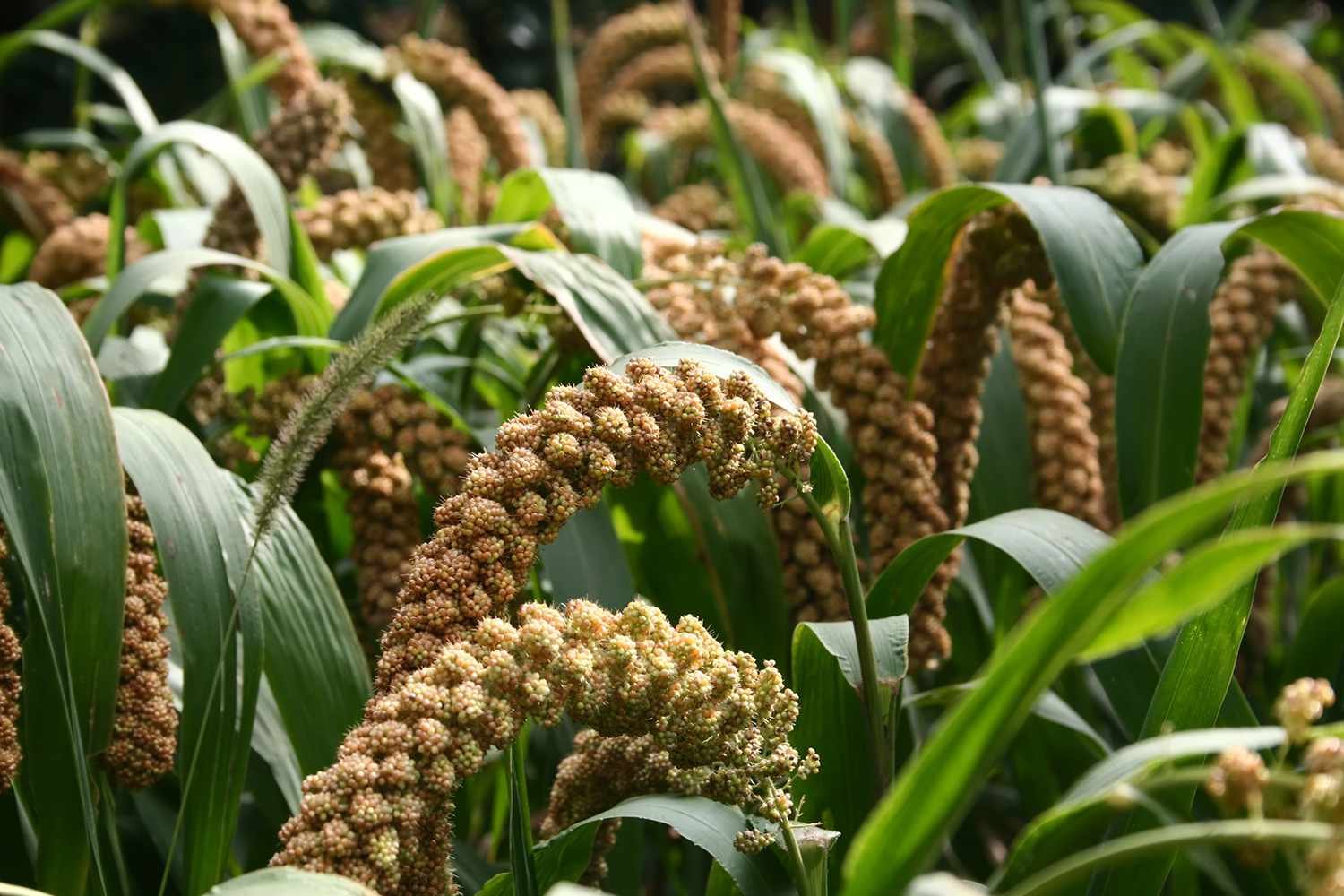Saturday, 21 February 2026

Image: www.thespruceeats.com
Millet group standard, fresh produce benchmarks, and South-South capacity building underscore India’s expanding Codex influence
At the 88th Session of the Executive Committee of the Codex Alimentarius Commission (CCEXEC88), held at FAO headquarters in Rome from July 14–18, 2025, India’s leadership in global food standard-setting received a significant endorsement. The Committee reviewed India’s progress on the newly established Codex group standard for whole millet grains—first approved at CAC47 in 2024—marking a major step in elevating millets onto the global food regulatory stage. India chairs this pioneering initiative alongside Mali, Nigeria, and Senegal, underlining a growing Global South coalition in Codex leadership.
India’s delegation, representing the Ministry of Health and Family Welfare and the Food Safety and Standards Authority of India (FSSAI), also secured praise for advancing standards on fresh dates, now endorsed for final approval at CAC48 later this year. Further, India will co-chair upcoming work on Codex standards for fresh turmeric and broccoli—two commodities of increasing global interest in health-conscious markets.
Beyond commodity-specific work, India contributed to shaping the Codex Strategic Plan 2026–2031 by proposing measurable, outcome-based indicators to enhance global food safety monitoring. India’s proactive stance on SMART KPIs was welcomed and will move forward for adoption at CAC48.
In parallel, India’s regional capacity-building initiatives for neighbouring countries such as Bhutan, Nepal, Bangladesh, Sri Lanka, and Timor Leste were recognized by FAO as models for Codex-aligned development. India also encouraged underrepresented nations to tap into the Codex Trust Fund (CTF) for mentorship and technical assistance, drawing on its own CTF-backed experiences with Bhutan and Nepal.
Since 2014, India has chaired the Codex Committee on Spices and Culinary Herbs (CCSCH), and its continued stewardship at CCEXEC reaffirms its ambition to shape the next decade of food safety norms—not just as a standards-taker, but as a standards-setter. With new work streams on millets, spices, and fresh produce underway, India’s soft power in food regulation is translating into structured, strategic influence in global agri-diplomacy.